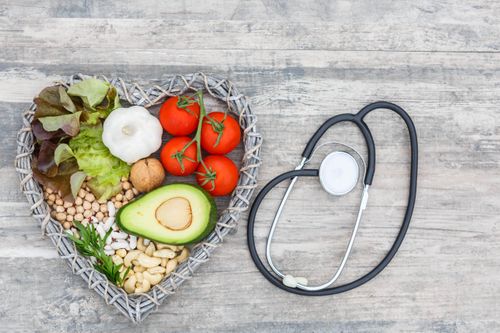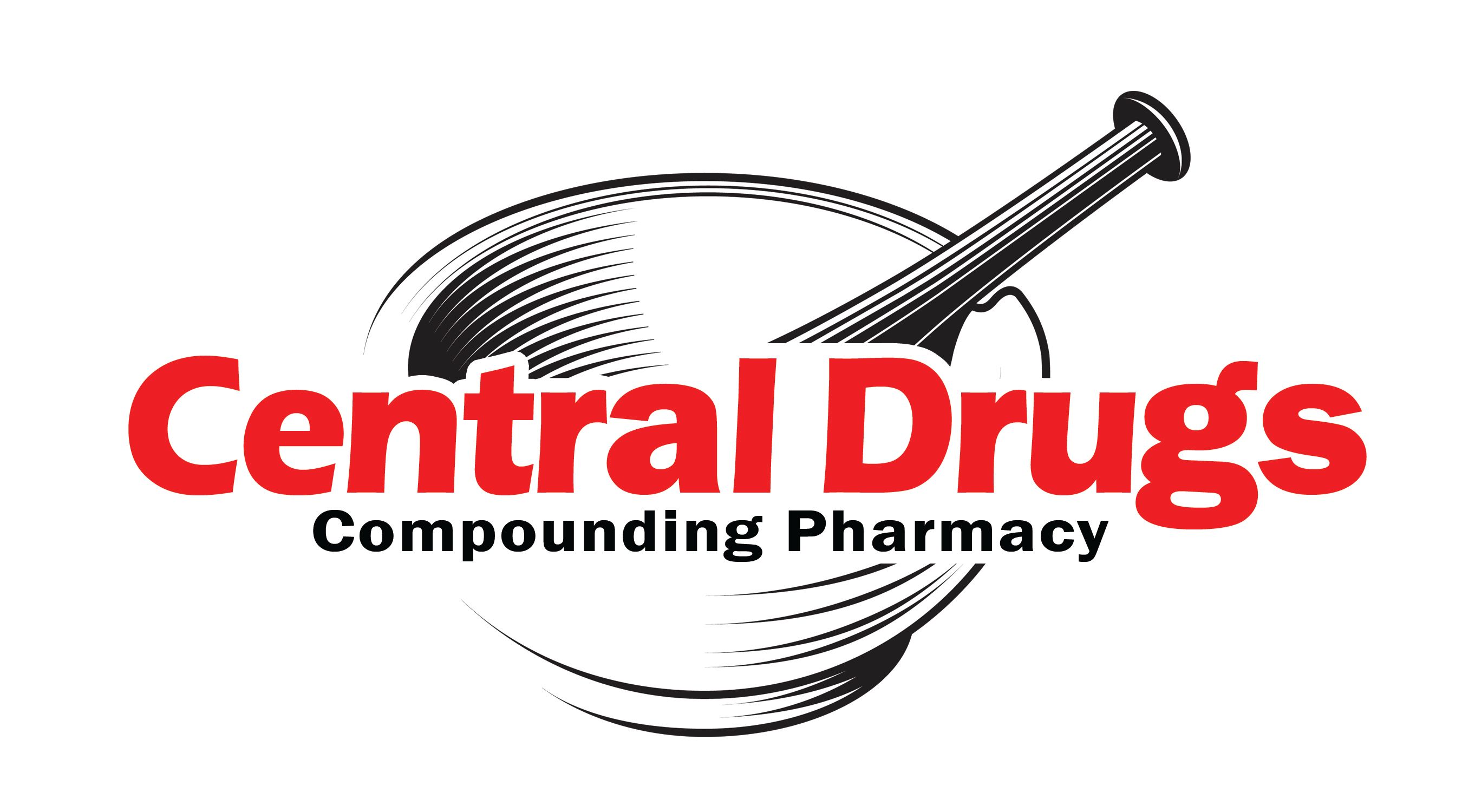
10 Ways to Improve Your Cholesterol Levels
Did you know that one in three US adults have high cholesterol? Although cholesterol serves many important functions for the body, including keeping the walls of your cells flexible and aiding in hormone production, too much cholesterol can create health problems. High levels of low-density lipoprotein (LDL) can lead to clogged arteries, heart attacks, and kidney failure. This article provides ten tips to increase your “good” HDL cholesterol and lower your “bad” LDL cholesterol.
1. Focus on Monounsaturated and Polyunsaturated Fats
A diet high in monounsaturated and polyunsaturated fats reduces harmful LDL and protects higher levels of healthy LDL. Good sources of monounsaturated fat include olives, olive oil, tree nuts, and avocados. Foods high in polyunsaturated fats are fatty fish like salmon, mackerel, and deep sea tuna.
2. Limit Saturated Fats and Trans Fats
Saturated fats, found in red meat and full-fat dairy products, and trans fats, also known as “partially hydrogenated vegetable oil,” raise your total cholesterol. Both can cause cholesterol to build up in your arteries, increasing your risk of heart disease and stroke.
3. Eat Heart Healthy Foods
Heart-healthy foods are rich in vitamins, minerals, and omega-3 fatty acids. The best foods for your heart include leafy green vegetables, whole grains, berries, avocados, fatty fish, walnuts, beans, and dark chocolate. For more ideas on how to eat healthier, check out our article “21 Ways to Eat Healthier Today.”
4. Get Plenty of Soluble Fiber
Soluble fiber reduces the absorption of cholesterol into your bloodstream. It is found in foods such as oatmeal, kidney beans, brussel sprouts, apples, and pears.
5. Try Plant-Based Proteins
Forgo fatty, processed meats and full-fat dairy products in favor of plant-based proteins, which are higher in fiber and contain far less fat and cholesterol. The best sources of plant-based protein are tofu, tempeh, edamame, lentils, chickpeas, peanuts, almonds, and quinoa.
6. Exercise Most Days of the Week
Moderate exercise can help raise your “good” cholesterol levels. Examples of exercise include a brisk daily walk, riding your bike to work, or playing your favorite sport. To stay motivated, we recommend finding an exercise buddy or joining an exercise group. There are many benefits of getting outside each day.
7. Lose Weight
Losing just 10 pounds can improve your artery health and lower LDL cholesterol. To lose weight, start by decreasing your portion sizes and aim to fill half your plate with non-starchy vegetables. For more tips, check out our article “21 Tips for Weight Loss at Home.”
8. Don’t Smoke
Ready to dramatically improve your health? Quitting smoking improves your HDL cholesterol levels. When you quit, your risk of blood clots also gets lower.
9. Drink Alcohol in Moderation
Research shows that moderate alcohol consumption can raise your “good” cholesterol levels, while overconsumption of alcohol can raise both cholesterol and triglyceride levels. Therefore, it’s best to stick to one drink a day for women and up to two drinks a day for men.
10. Try Supplements
If you’ve been diagnosed with high cholesterol, your doctor may recommend statins, a medicine to lower LDL cholesterol, or suggest changes to your diet and exercise routine. You may also want to talk to your doctor about the following supplements, which can be used for high cholesterol or heart concerns.
- Niacin: This B vitamin has long been used to increase high-density lipoprotein (HDL) cholesterol and reduce "bad" cholesterol from your bloodstream.
- Psyllium: This fiber supplement binds to fat and bile acids, helping the body to excrete them. In the process, the liver uses cholesterol to produce more, decreasing blood cholesterol levels.
- Garlic: Consumption has been shown to decrease total and LDL-C and triglyceride levels.
- Ginger: This flowering plant can reduce your LDL cholesterol levels and boost your HDL cholesterol. You can take ginger as a supplement, powder, or simply added, raw, to food.
- Flaxseed: Consuming three tablespoons of flax seeds per day can help lower your cholesterol levels.
Final Word:
At Central Drugs, we have been helping patients navigate their health concerns for over 21 years. Our knowledgeable staff has a combined experience of 100 years of pharmacy practice to help you achieve your health goals. If you would like to join our pharmacy family, please call us today. We would be happy to speak with you about your health concerns. To schedule a complimentary consultation, please click here.
